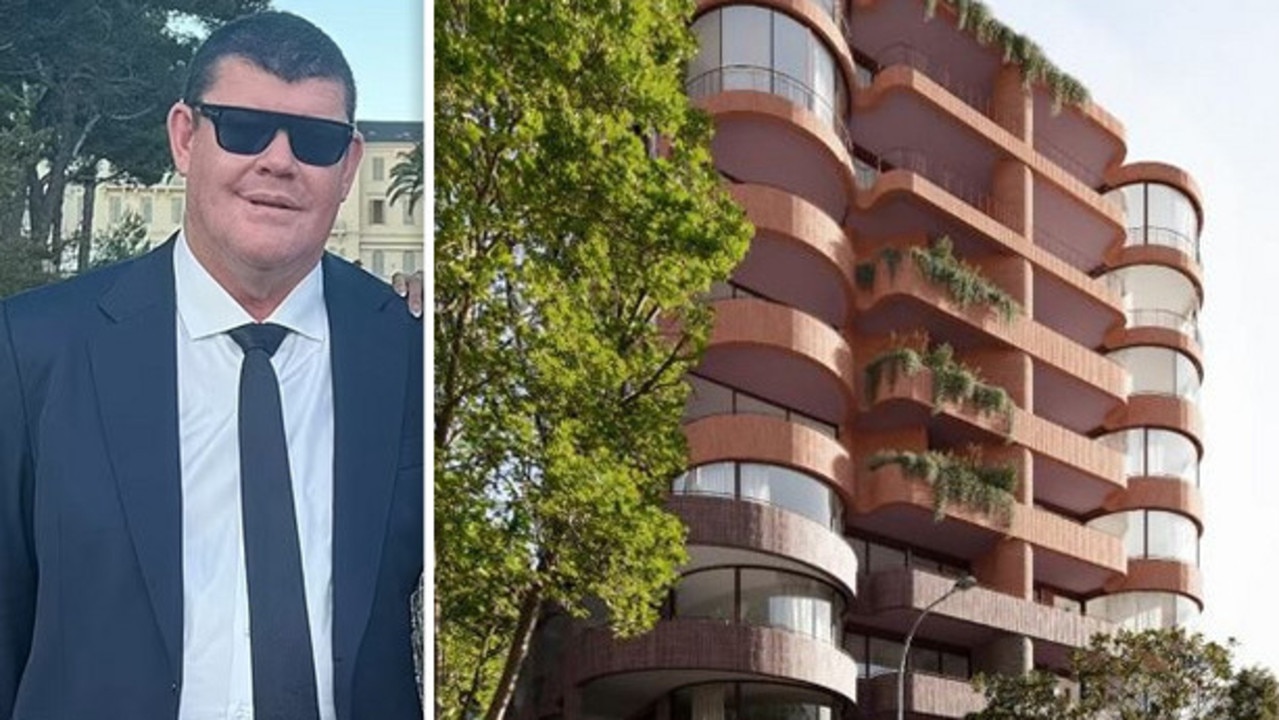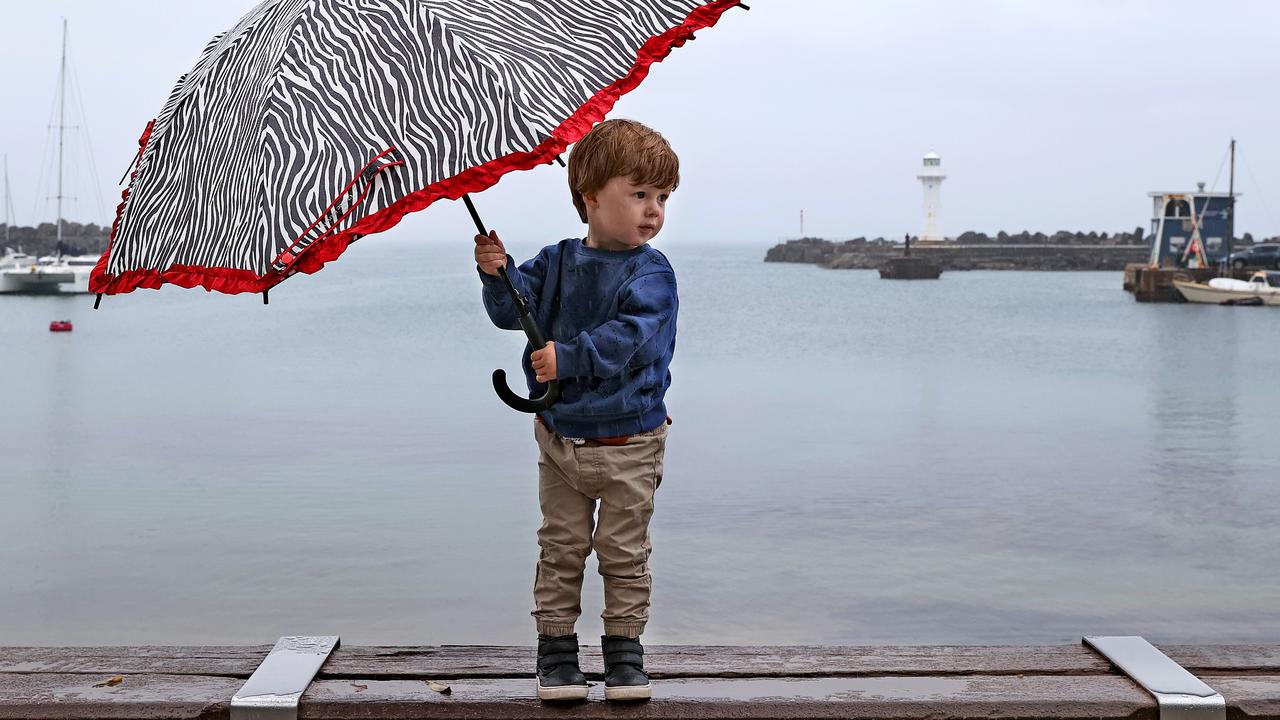Sydney doctors pioneer virtual biopsy technique to pick up heart transplant rejection
Marie Domingo had been told her exhaustion was likely due to shiftwork and pregnancy, but it soon became a life and death situation.
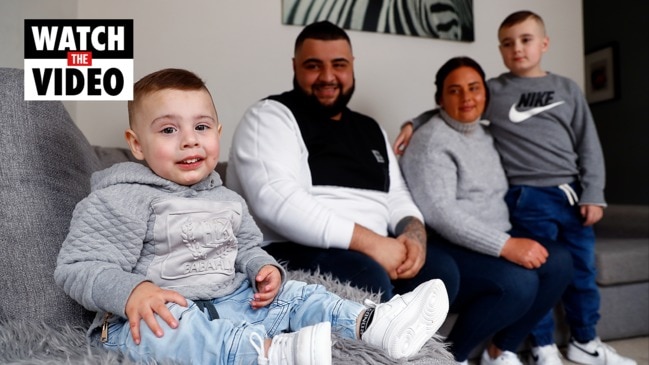
NSW
Don't miss out on the headlines from NSW. Followed categories will be added to My News.
In October 2018, Marie Domingo was only 31 weeks pregnant when she discovered she was going into end-stage heart failure and would likely die if she did not deliver her baby early and pray for a timely heart transplant.
In a timely reminder of just how dangerous influenza can be to pregnant women, Ms Domingo fell ill with the flu at 27 weeks into her pregnancy which caused post-partum cardiomyopathy, a rare disease that causes the heart’s left ventricle to become dangerously enlarged and weakened.
The assistant nurse from Thornton in Newcastle thought her exhaustion was just a combination of working shifts and carrying a baby.
“A few week’s past and it was when I could not get out of bed anymore thought this isn’t right and if I waited another day I don’t think I would wake up, it was that bad, I couldn’t breathe,” she said.
At John Hunter Hospital it was discovered she was in end stage heart failure and her baby was delivered by emergency caesarean.
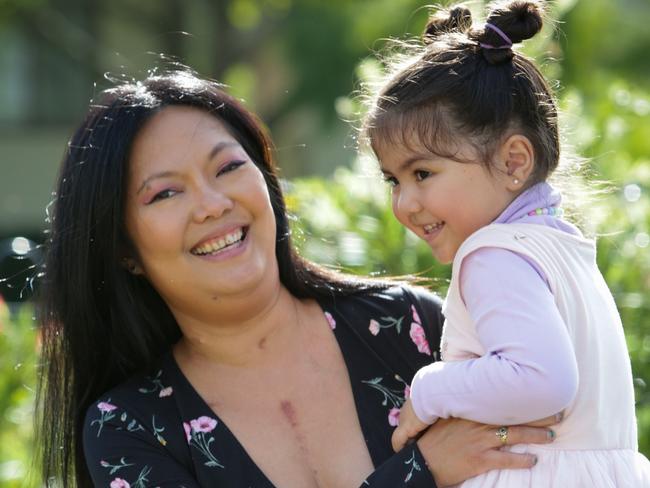
“They said to me you need a heart transplant, your organs are shutting down, if you don’t have a transplant, you’ll die,” she said.
Ms Domingo got to hold baby Faith in intensive care the following day for a short time before being transferred to St Vincent’s Hospital.
“When I arrived within five minutes I crashed and I don’t remember anything after that. They put me in an induced coma and I woke up and I had had my transplant.
While she clung to life awaiting a donor heart, her baby girl was in the neonatal intensive care unit at John Hunter oblivious to her mother’s fight for life. Remarkably Ms Domingo received a compatible heart within weeks.
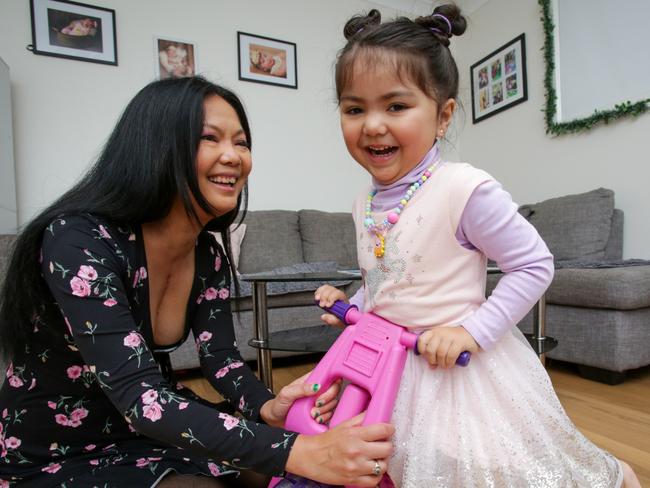
“I was really lucky they found a match for me.
“This was the time I should have been bonding with my daughter and instead I was fighting for my life. The doctors did an amazing job of keeping me alive. It was really touch and go as to whether I would make it,” Ms Domingo said.
Mother and daughter were reunited when Faith was two months old.
Like many heart transplant survivors, Ms Domingo had to battle her body rejecting her new heart and had to endure the invasive biopsies to check on her new heart.
“It was very scary at first as you are awake and the needle goes in through your neck. It’s also very uncomfortable and has left me with scars. I look like I’ve been attacked by a vampire,” the 38-year-old said.
Ms Domingo is one of the patients who is now incredibly thankful for a new MRI technique developed to replace the invasive biopsies.
“Having an MRI is so much better. I’d choose that any time of the day over having a biopsy.”
SYDNEY DOCTORS PIONEER NEW HEART TRANSPLANT CARE
A breakthrough by Sydney researchers in the treatment of heart transplant recipients looks set to transform transplant care worldwide.
Researchers from the Victor Chang Cardiac Research Institute and St Vincent’s Hospital have pioneered a “virtual biopsy” to replace invasive techniques used to test for organ rejection.
Approximately 100 Australians receive heart transplants each year and most patients experience some form of organ rejection and routinely undergo up to 12 biopsies on the heart in the first year post transplant for surveillance.
The biopsies involve a tube being placed in the jugular vein in the neck to allow surgeons to insert a biopsy tool into the heart to remove samples of heart tissue to detect signs of rejection.
The new virtual biopsy developed by Associate Professor Andrew Jabbour, of the Victor Chang Cardiac Research Institute, uses a new MRI technique that is non-invasive.
Results from a recent trial, published in the journal Circulation, show the technique was just as effective in detecting rejection by measuring heart oedema, or swelling levels.
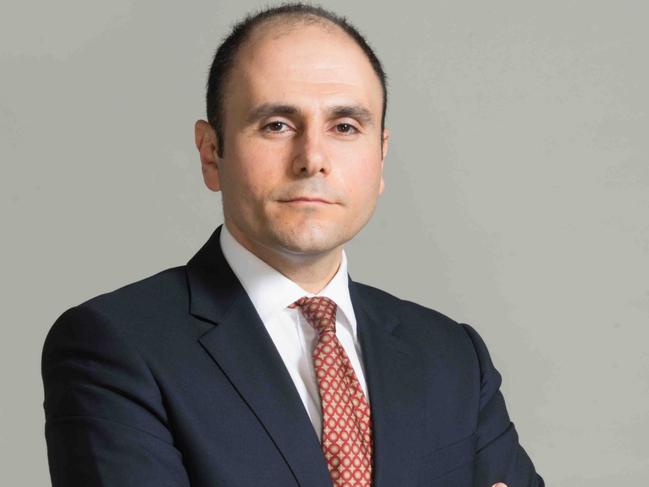
“It was just as a safe to have an MRI as a biopsy. It’s essential that we can monitor these patients closely and with a high degree of accuracy; now we have a new tool that can do that without the need for a highly invasive procedure,” Prof Jabbour said.
Prof Jabbour, who is also a cardiologist at St Vincent’s Hospital, said the virtual biopsy took less time, was more cost-effective and carried less risk.
“Sometimes with biopsies you can damage the valve or perforate the heart, they occur rarely but are serious,” he said.
The study also found there was a reduction in hospitalisation and infection rates for those who underwent the MRI procedure.
“We think the MRI will now be the new gold standard and will replace biopsies to assess organ rejection,” he said.
Another important factor is that patients much preferred undergoing a simple imagining test with MRI as opposed to enduring the uncomfortable invasive test which left scarring on the neck.
Fellow author and cardiologist Dr Chris Anthony who was involved in the study said he expected the technique to be adopted around the world.
“The technique is now frequently used at St Vincent’s Hospital in Sydney, and I anticipate that more clinics across the world will adopt this novel technology.” Dr Anthony said.
The team at the Institute and St Vincent’s is now planning a larger multi-centre trial to incorporate paediatric heart transplant recipients.
Got a news tip? Email weekendtele@news.com.au
More Coverage
Originally published as Sydney doctors pioneer virtual biopsy technique to pick up heart transplant rejection



